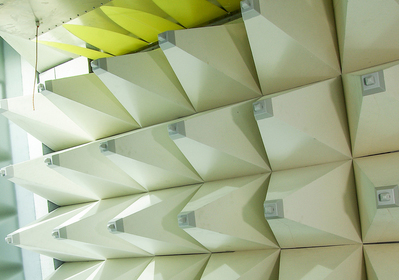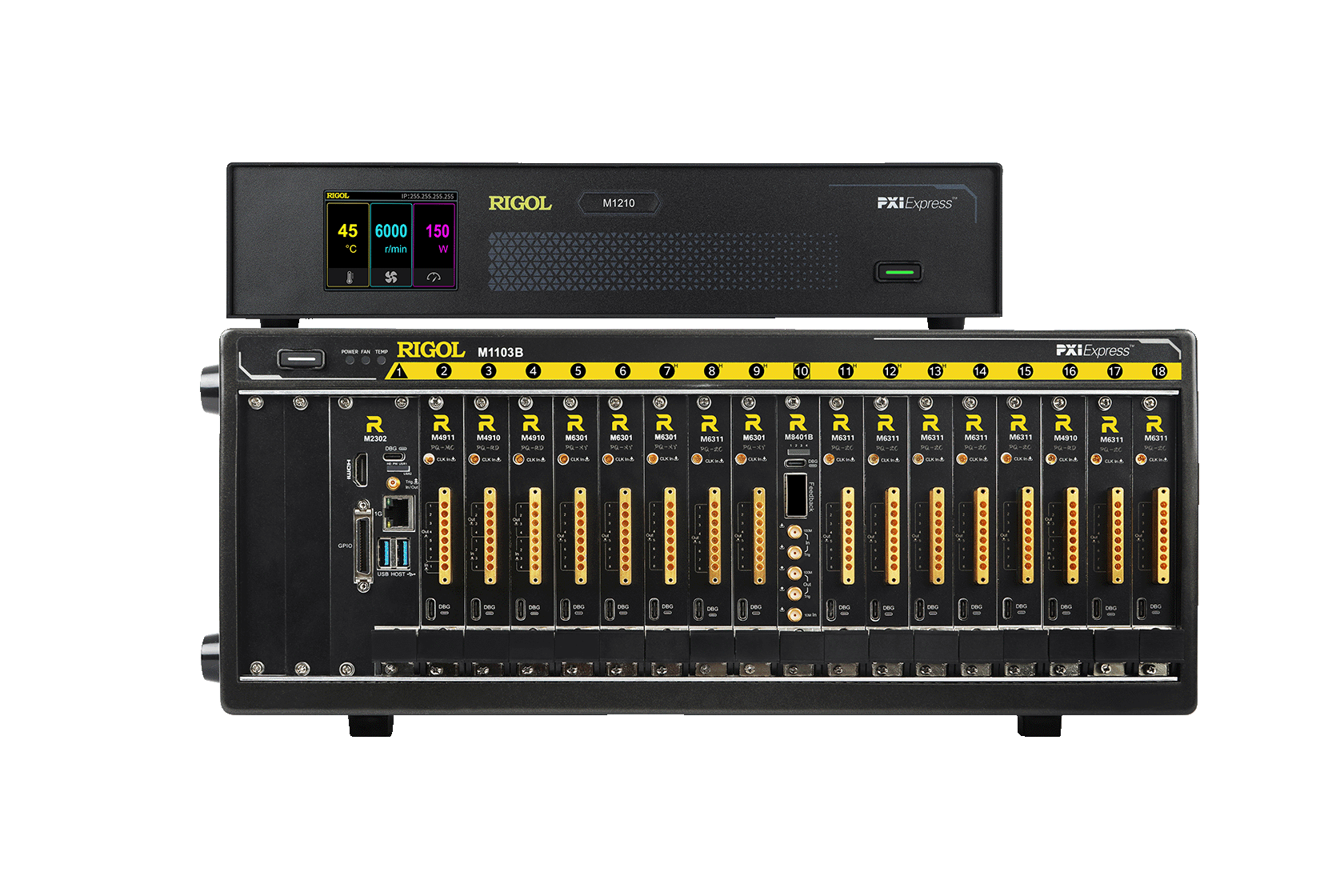
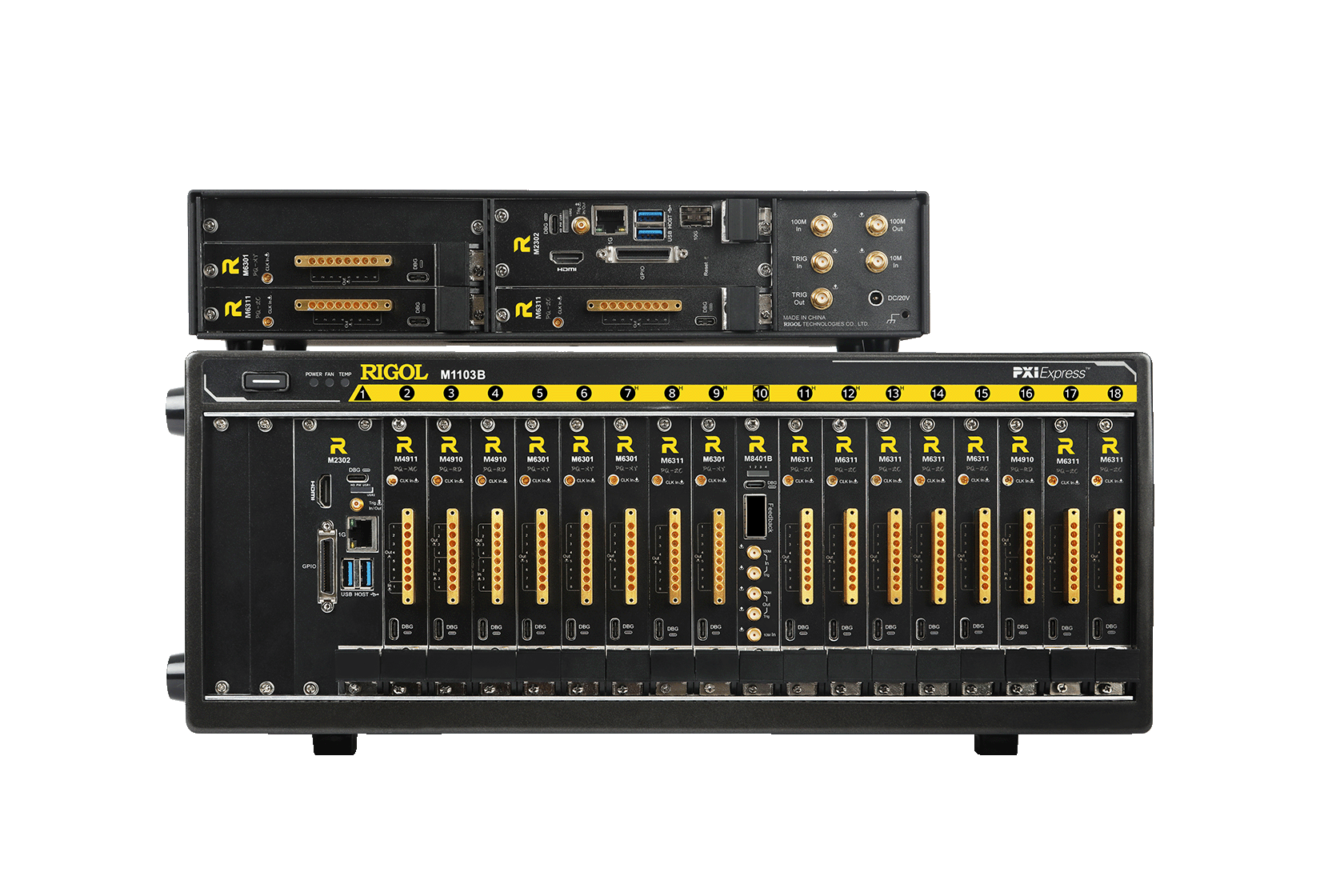
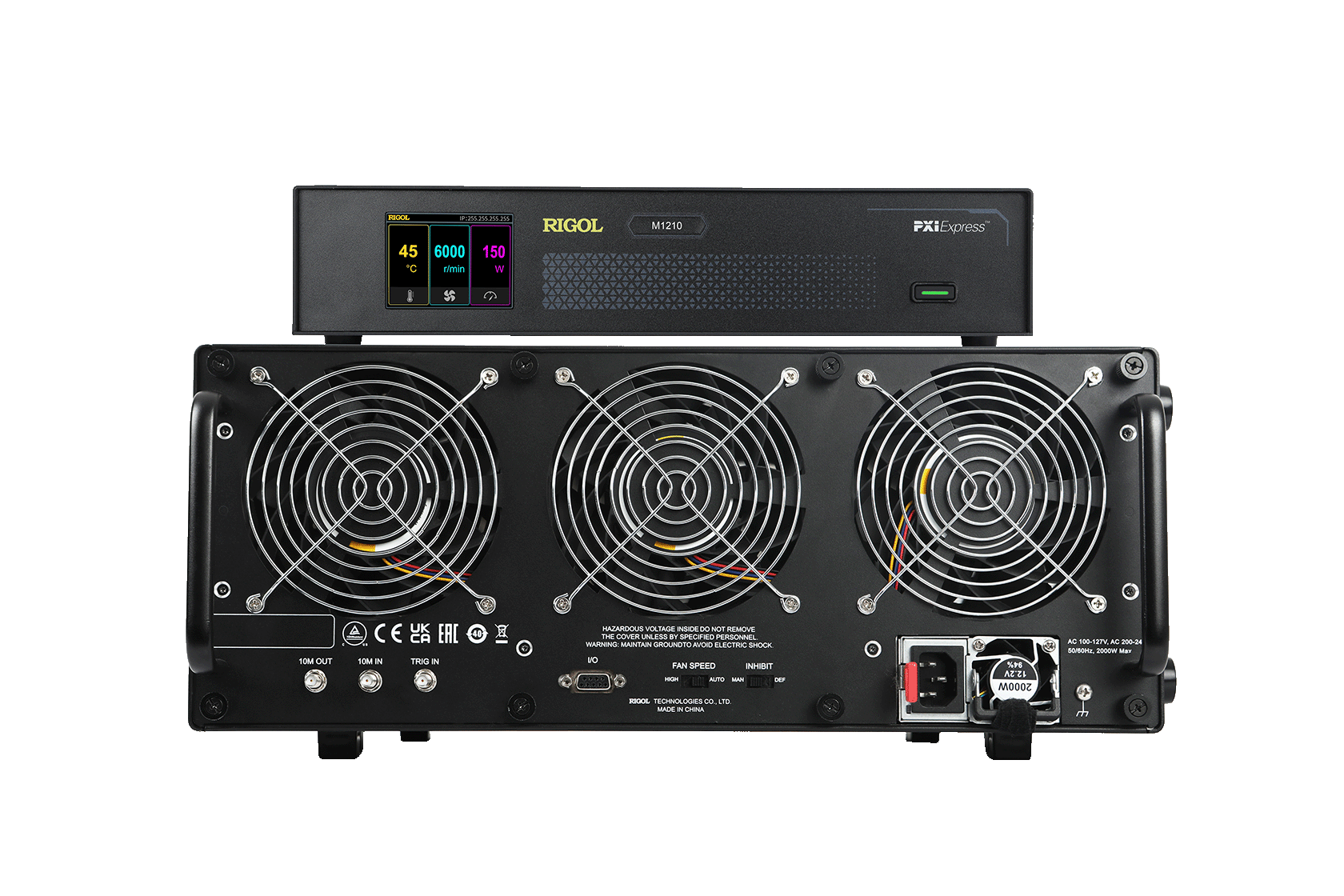
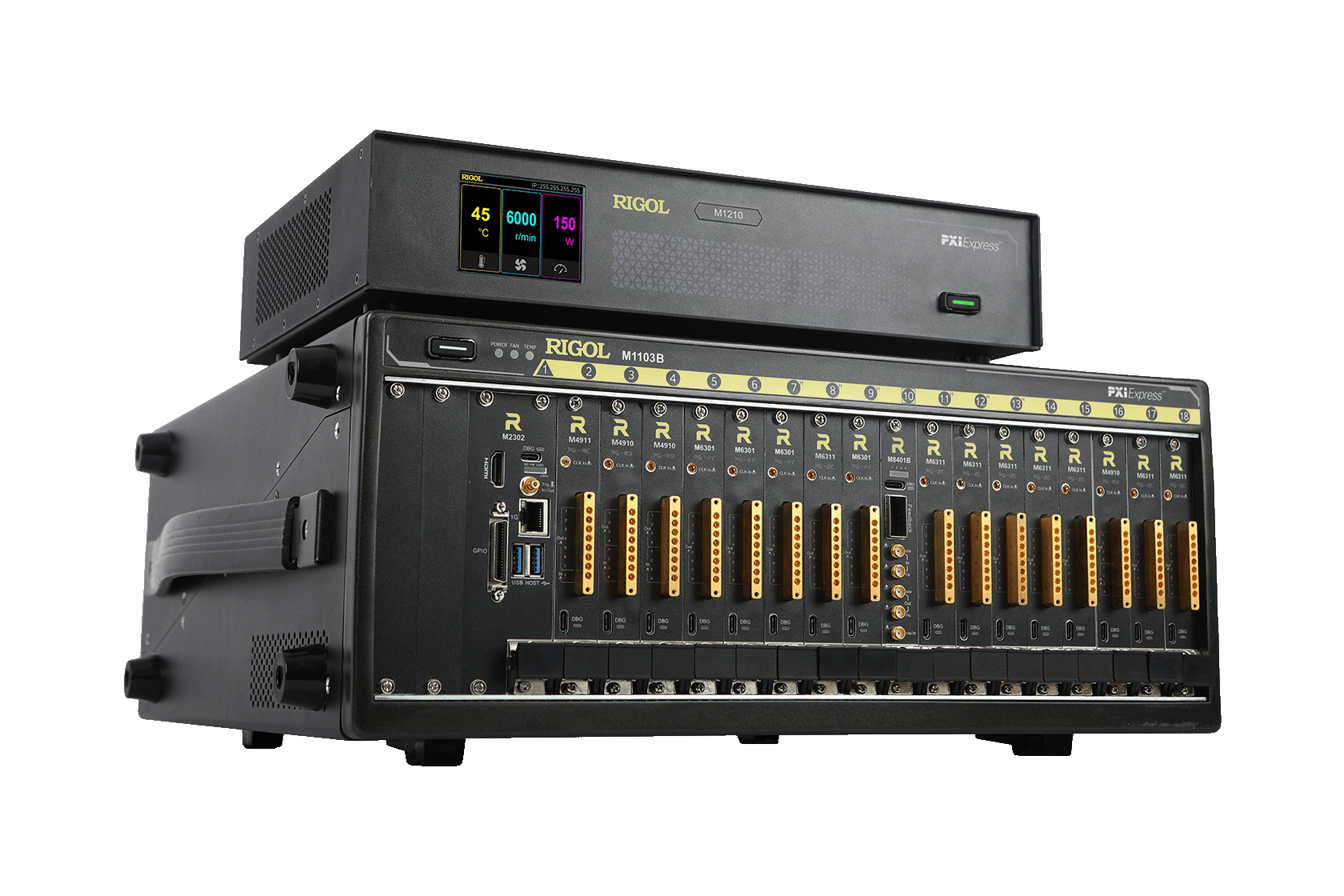





Digital Array Meas. and Control Solution
RIGOL’s SPQ Digital Array Measurement-and-Control System targets advanced-computing tests. A modular layout assigns microwave control, data capture/analysis with real-time feedback, bias-voltage with microwave overlay, and clock/trigger distribution to dedicated modules. Now instruction-set driven, SPQ removes many legacy pain points. Already running stably at dozens of sites, it has become a benchmark in this field.
6/8/10 GSa/s
3/4/5 GSa/s
14 bit
0.1GHz-9.8GHz


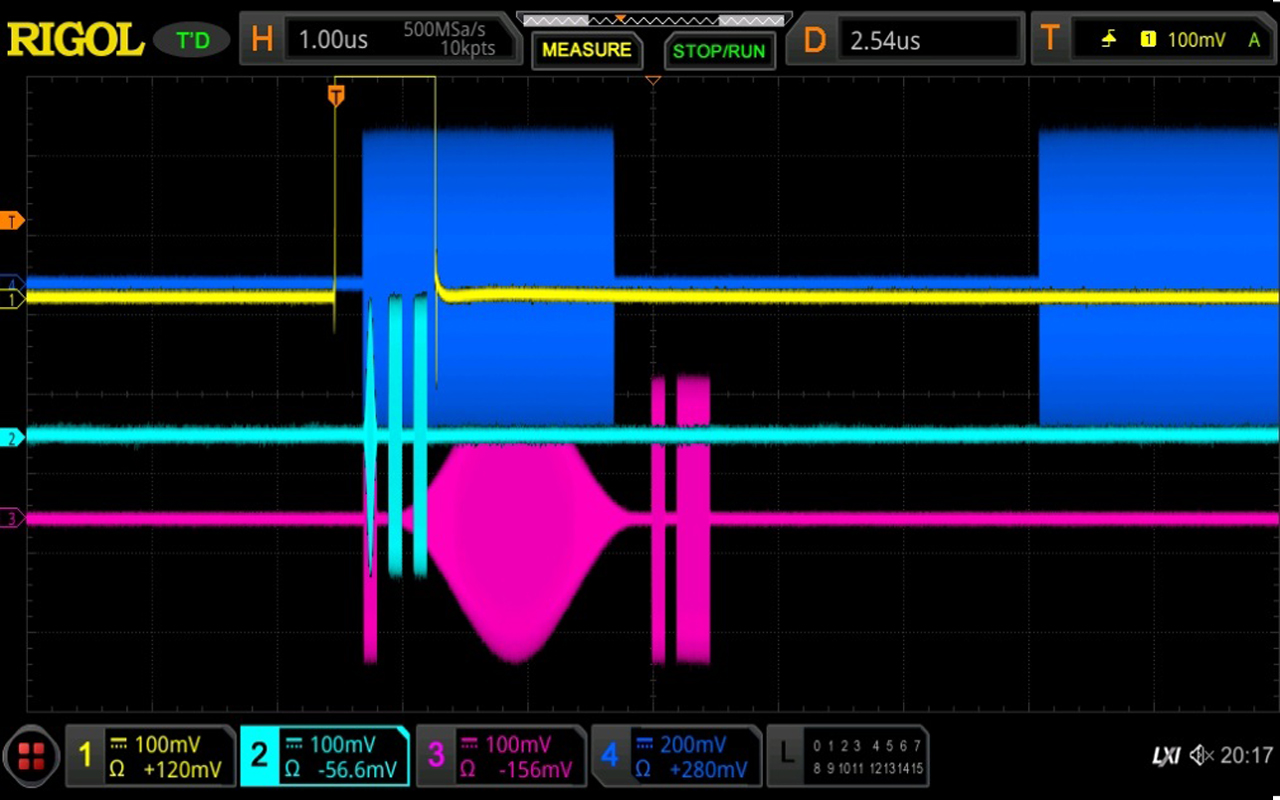
Higher Microwave Signal Quality
SPQ employs high-sample-rate direct digital playback in place of conventional baseband mixing, thereby eliminating LO leakage and I/Q imbalance at the source. With direct digital output, every microwave pulse maintains uniform amplitude and precise phase, leaving the waveform uncontaminated. Overall signal purity and long-term stability are greatly enhanced, giving noise-sensitive computing elements a precise and reliable drive foundation.

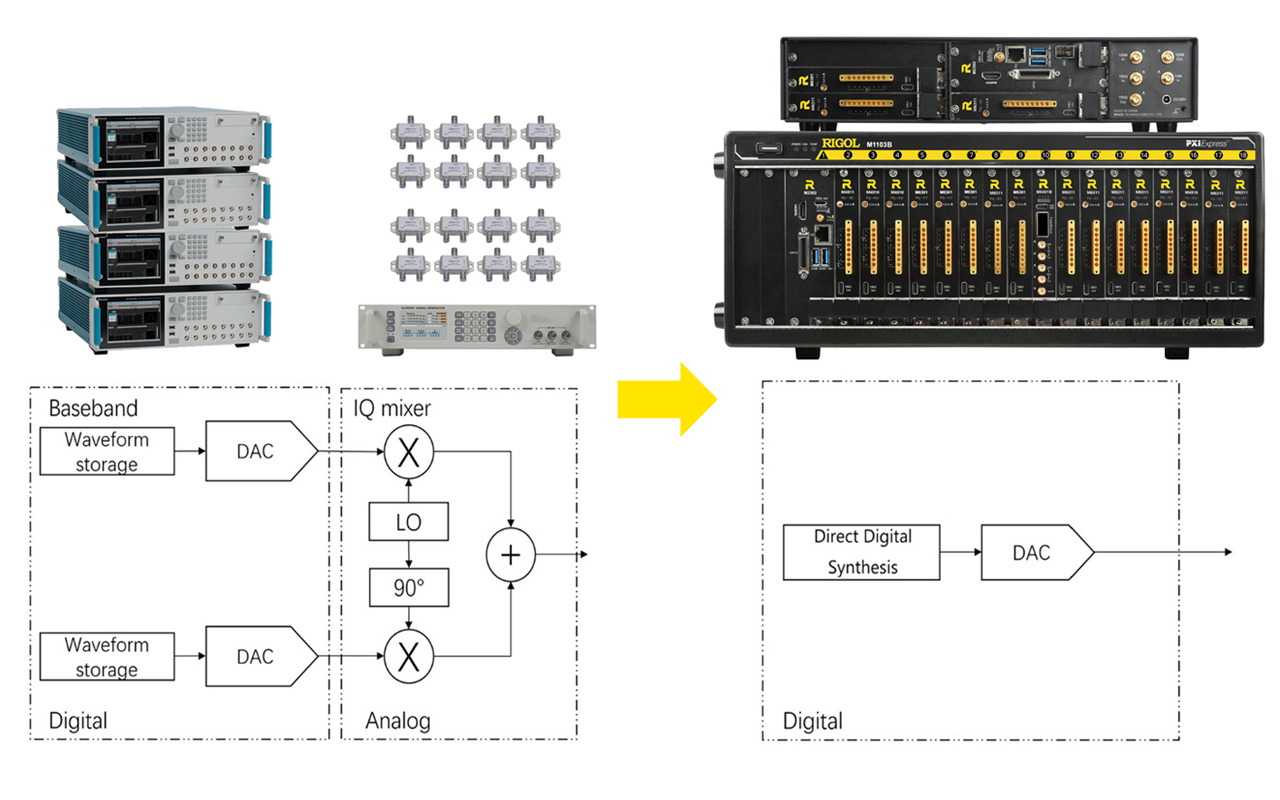
Simple & Clear Architecture for Lightning-fast MCS Deployment
With direct-digital output, each compute node needs just one signal port—no mixers, no multi-channel combiners. Cabling drops sharply and debugging is simplified, so you can build the system in a fraction of the time. The layout is clear and maintenance straightforward, giving experiments with hundreds of nodes efficient, reliable hardware support.

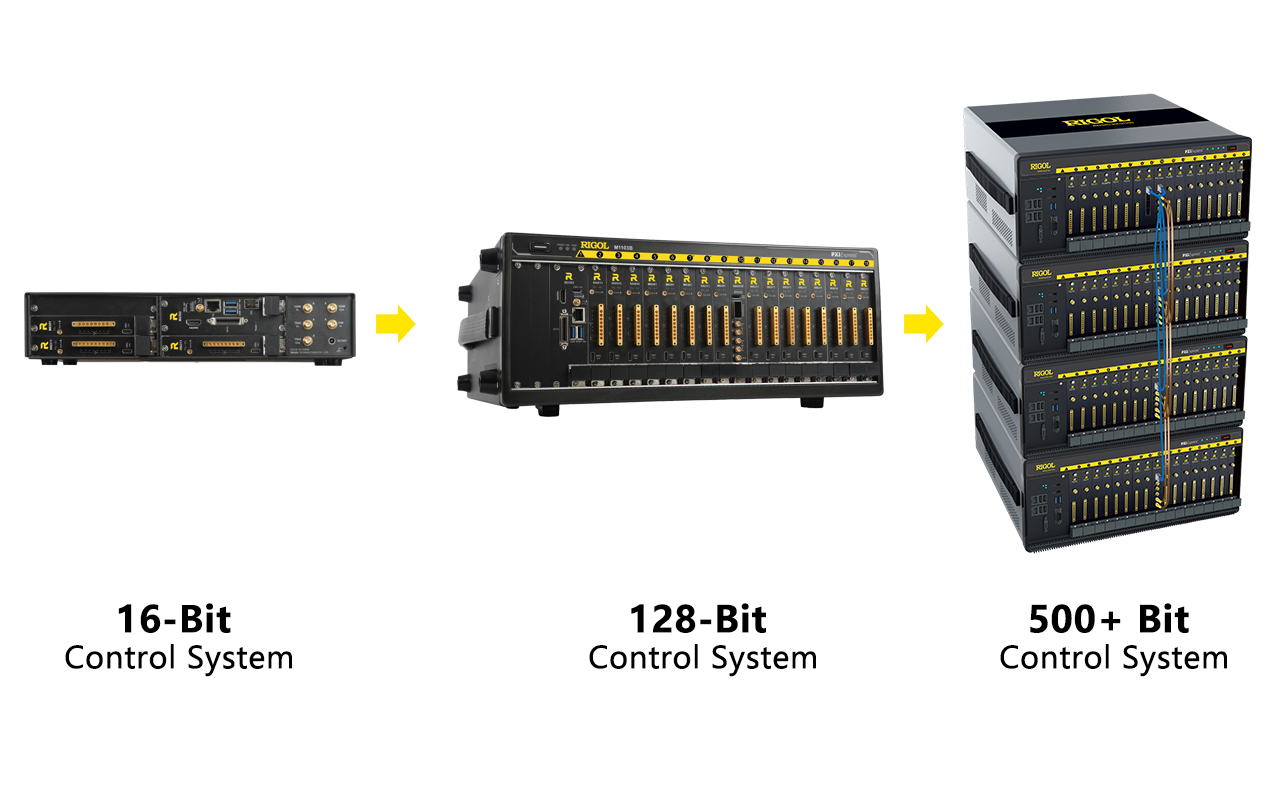
Highly Integrated, Covering All Requirements from Small to Large
Housed in a 19-inch, 16 U chassis, a single SPQ unit packs more than 500 microwave control channels, each with ≥ 65 dBc isolation to suppress crosstalk. Integration is 10 × higher than traditional solutions. By combining full-stack M&C capability with simplified cabling, SPQ delivers both scale and stability, making it easy to grow an advanced-computing system from a handful of bits to a large-scale array.

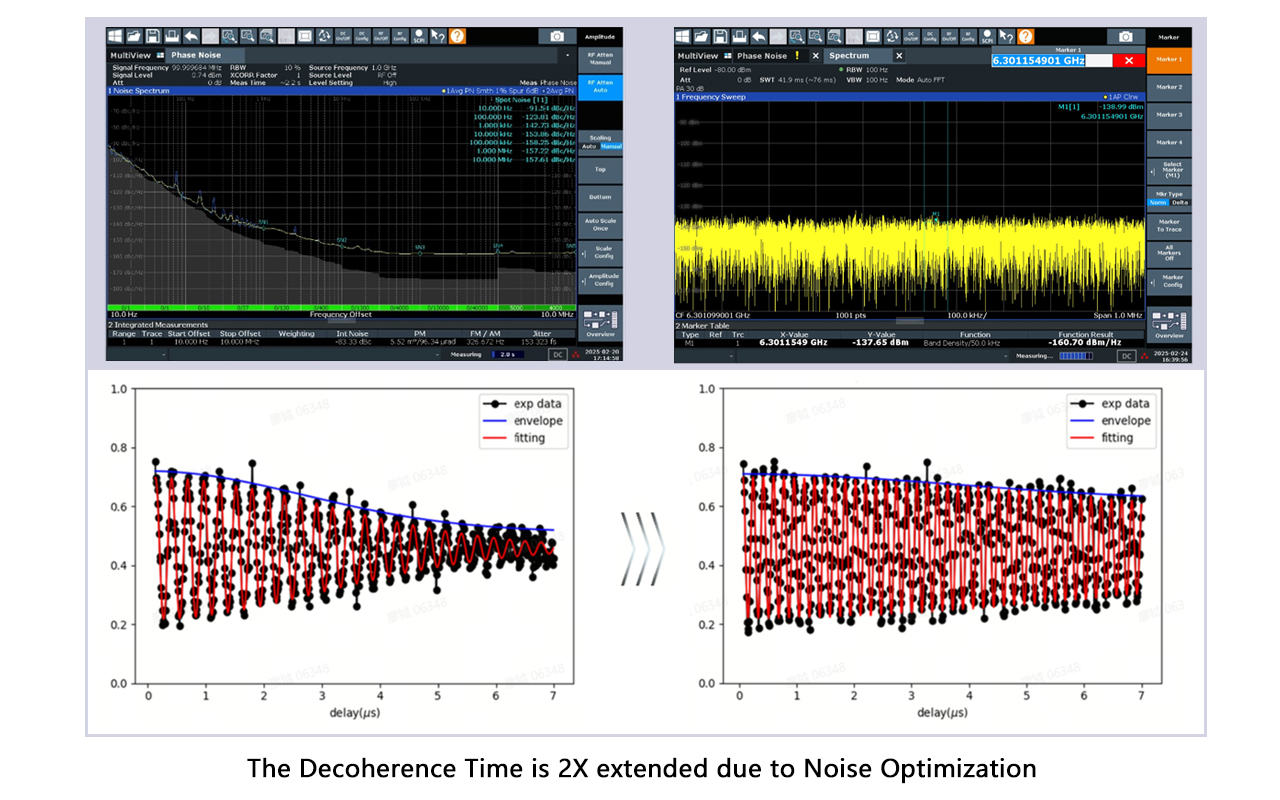
Extremely low system noise and optimized bit performance
At a 100 MHz carrier with a 1 kHz offset, the SPQ delivers −142 dBc/Hz phase noise and a noise spectral density below −160 dBm/Hz, providing an ultra-clean environment for noise-sensitive computing elements. Decoherence Time is markedly longer, giving a computation window more than twice that of conventional solutions and ensuring long-term stability for deep experiments.

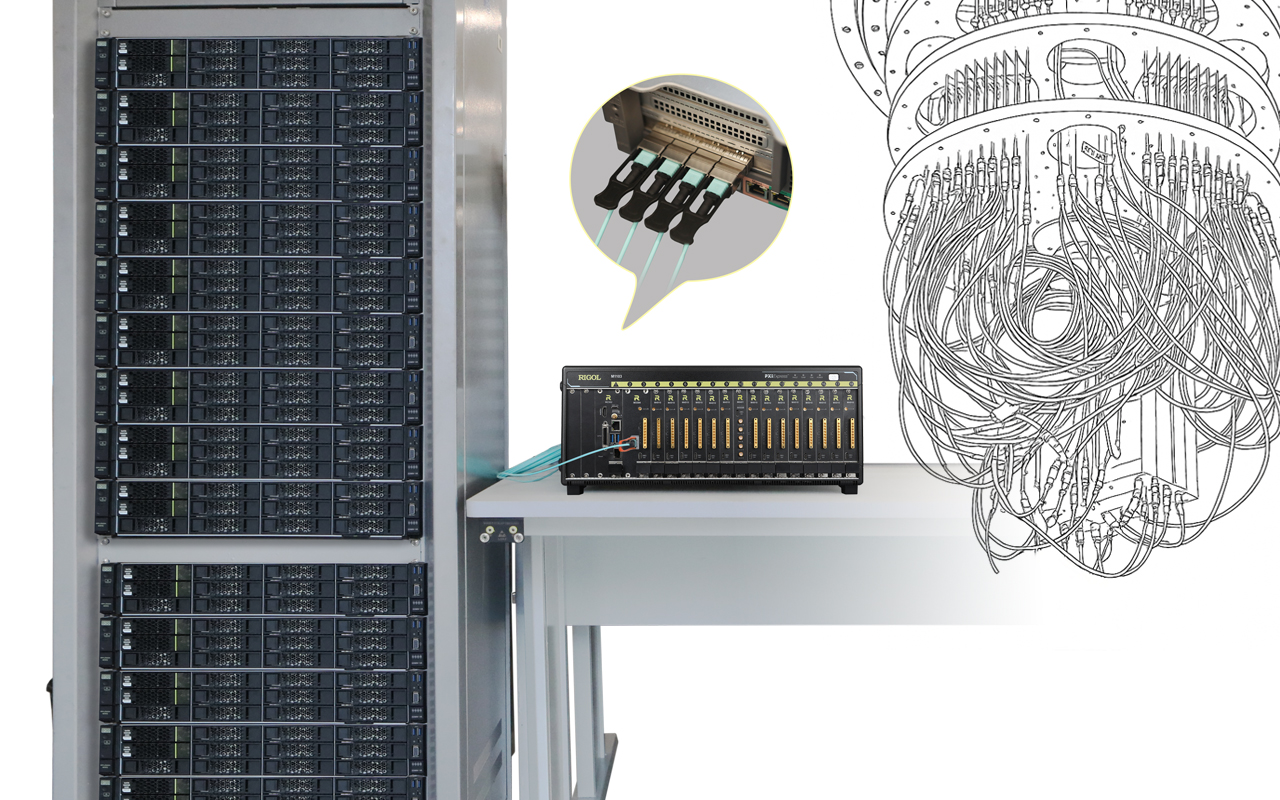
Convergence of Supercomputing and Advanced Computing
Leveraging PXIe-to-PCIe bridging, the SPQ links directly to supercomputers over multiple optical fibers using the PCIe protocol, enabling peer-to-peer data exchange. End-to-end latency drops to the microsecond level, while bandwidth exceeds 6 GB/s. This instant synergy between the exponential state space of advanced computing and the large-scale numerical power of HPC can shorten tasks such as materials R&D from years to just months.

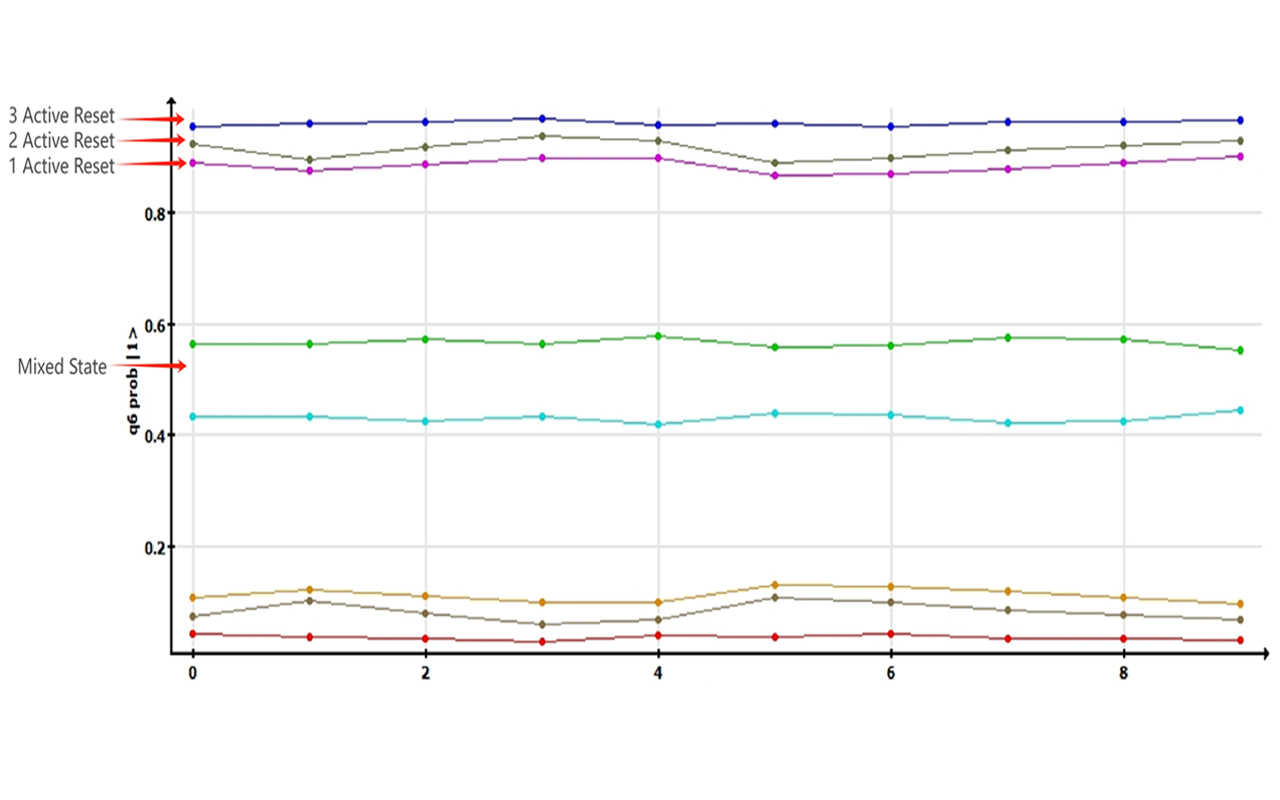
Dedicated Instruction Set and Active Reset Deliver Efficient M&C
SPQ incorporates a dedicated M&C instruction set and offers a feedback path of under 300 ns, allowing active-reset waveforms to be issued immediately after every gate operation. Multiple resets raise the ground-state probability and, compared with passive decoherence waiting, lift overall experimental efficiency by more than tenfold—providing the real-time control bedrock for ALU and advanced encoding/decoding research.
-
ModelMicrowave Control Sample RateMicrowave Read Sample RateResolutionFrequency Range
-
SPQ Solution6/8/10 GSa/s3/4/5 GSa/s14 bit

- NAME
- VERSION
- RELEASE DATE
- DOWNLOAD
-
 SPQ DatasheetSPQ Datasheet
SPQ DatasheetSPQ Datasheet - V1.0
- 2025-07-08
-
 PDF
PDF
- NAME
- VERSION
- RELEASE DATE
- DOWNLOAD
-
 SPQ Quick GuideSPQ Quick Guide
SPQ Quick GuideSPQ Quick Guide - V1.0
- 2025-07-08
-
 PDF
PDF





















